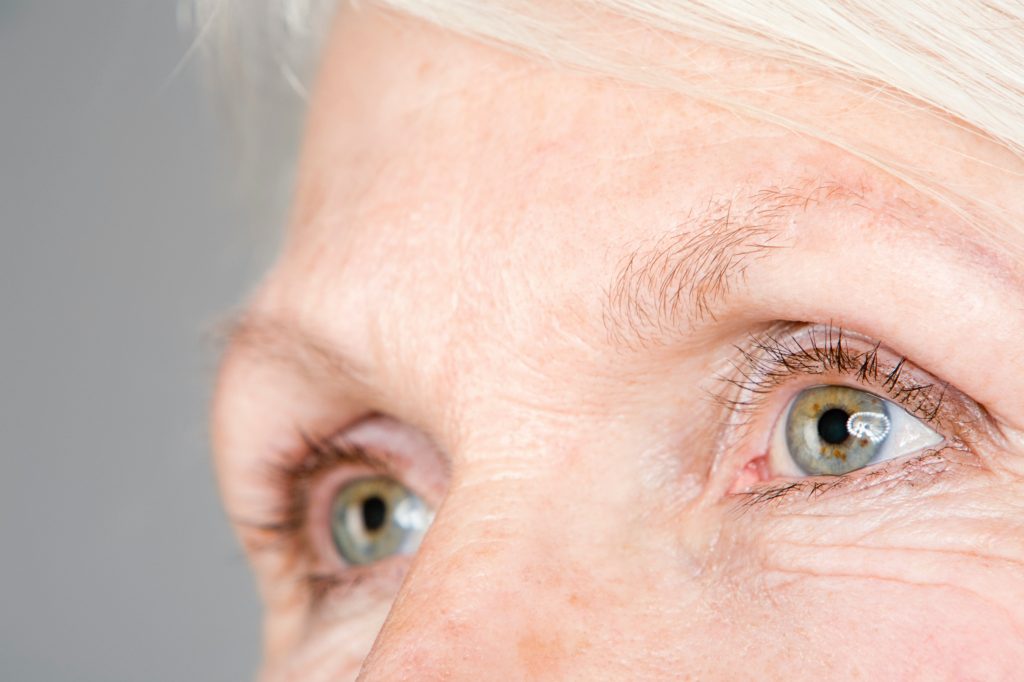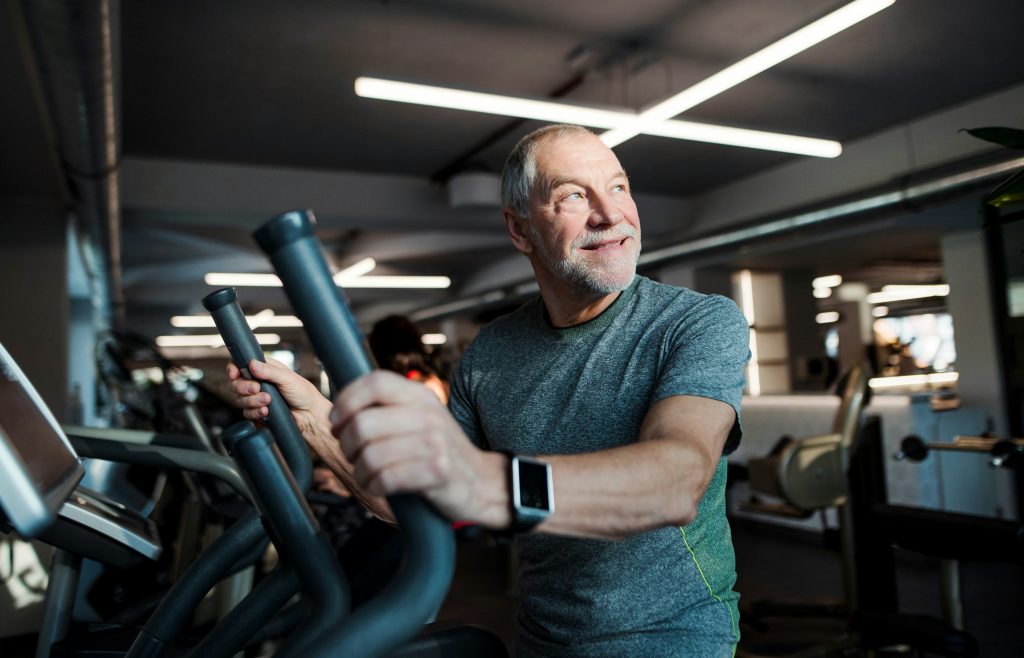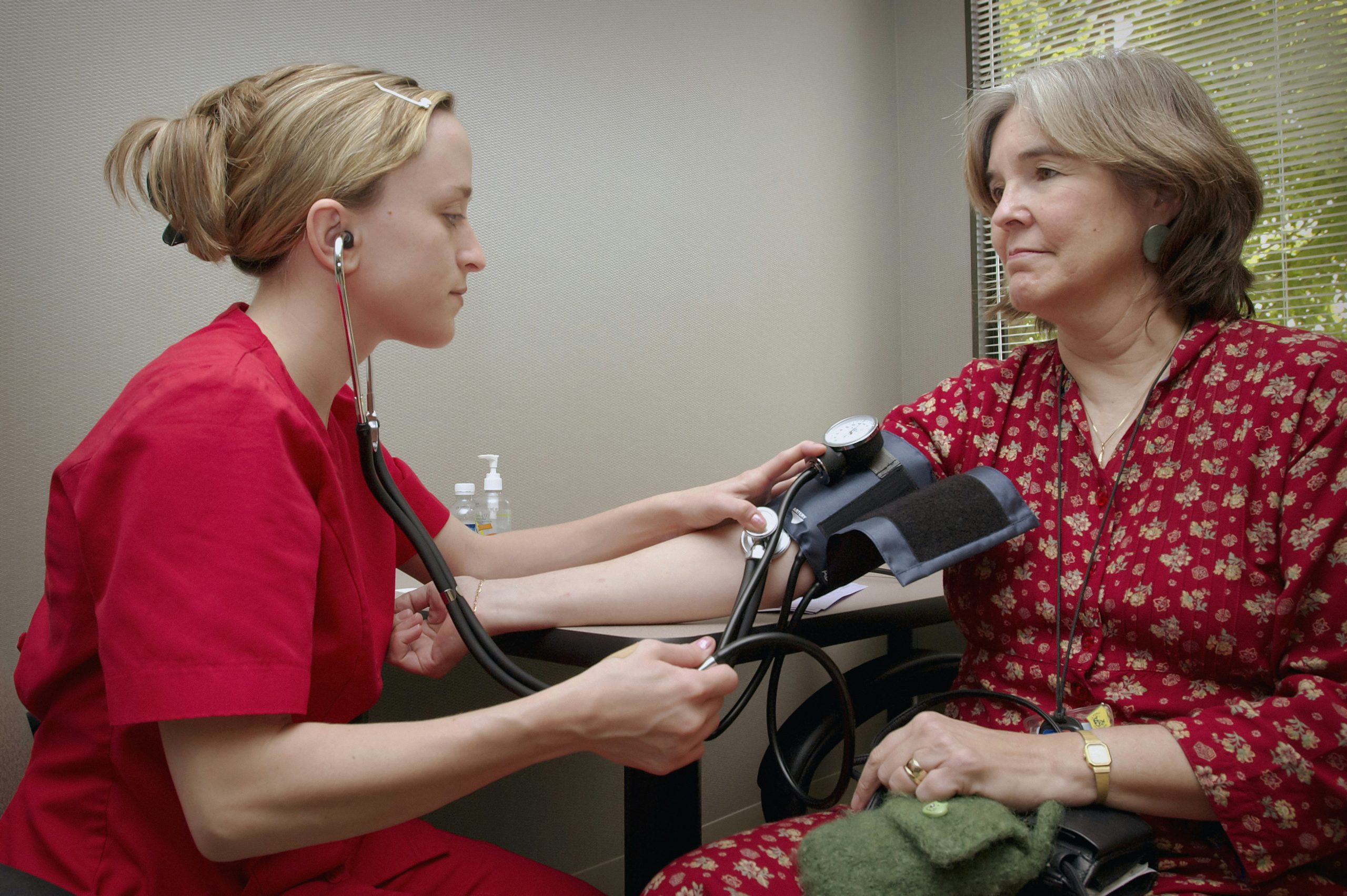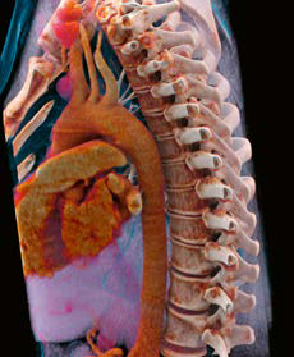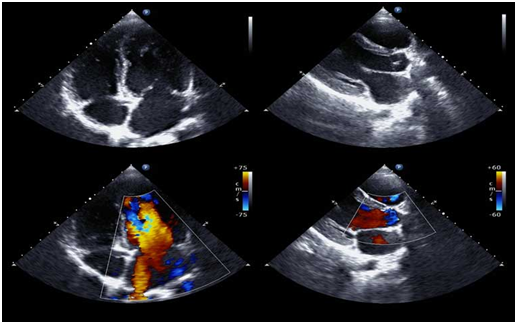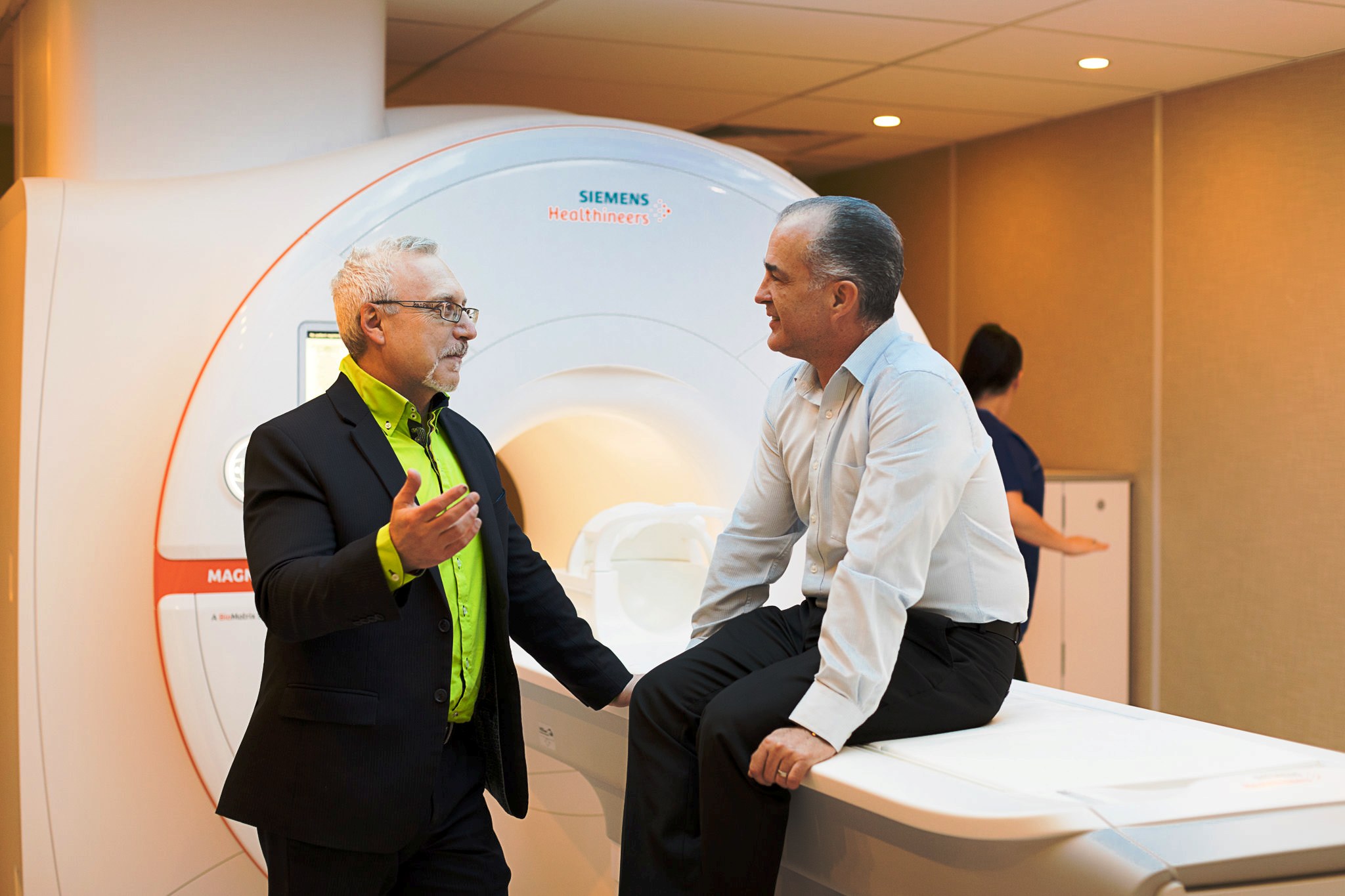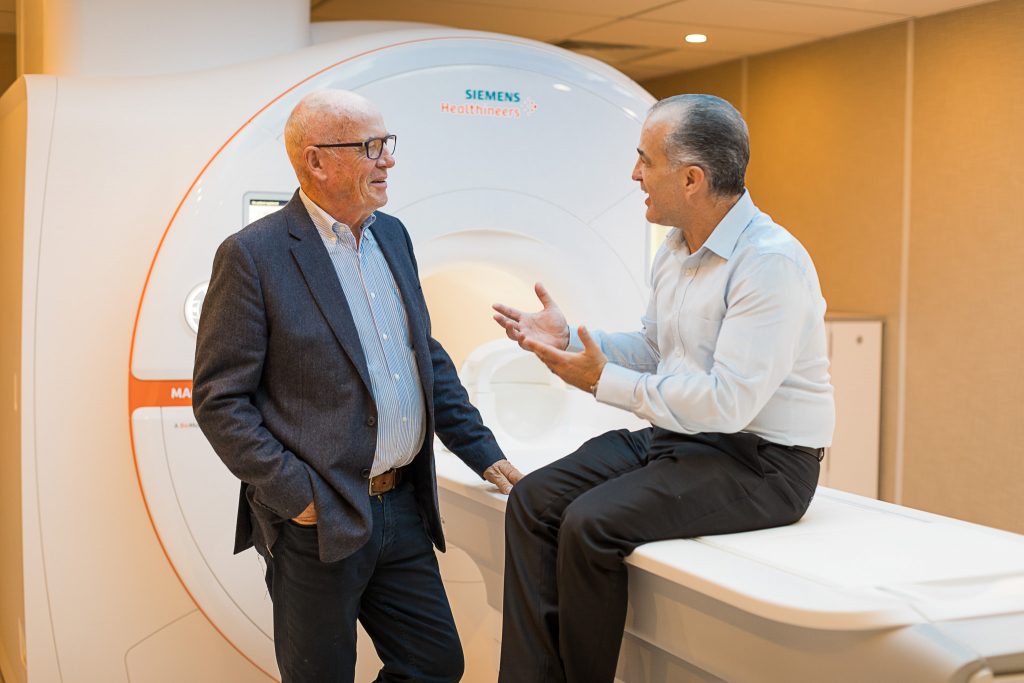Menopause and Women's Health
Menopause is a natural stage in a woman’s life. It marks the end of your reproductive years. Typically, menopause occurs between the ages of 45 and 55. Understanding menopause and its impact on your health is crucial. This article will help you navigate through this transition. We’ll cover what menopause is, common symptoms, associated health risks, and ways to manage them. By the end, you’ll have the knowledge to maintain your well-being during menopause.
Understanding Menopause
Menopause is when you haven’t had a menstrual period for 12 months. It signifies the end of your menstrual cycles. Perimenopause is the transition period leading up to menopause. This phase can last several years and comes with various symptoms. The average age for menopause is around 51, but it can vary.
During menopause, your body undergoes significant hormonal changes. The ovaries gradually produce less estrogen and progesterone. These hormones regulate your menstrual cycle and reproductive functions. As their levels decrease, you might experience symptoms like hot flashes and mood swings. Follicle-stimulating hormone (FSH) and luteinizing hormone (LH) levels increase because of reduced estrogen.
Understanding these changes can help you manage them better. Knowing what to expect reduces anxiety and helps you prepare for this life stage. Remember, menopause is a natural part of aging, and with the right knowledge, you can navigate it smoothly.
Common Symptoms of Menopause
Menopause brings a variety of symptoms, some more common than others. Knowing these can help you understand and manage them better.
Hot Flashes and Night Sweats: These are sudden feelings of heat that spread over your body. They can cause sweating and redness. Night sweats are intense sweating during sleep, often waking you up drenched. These symptoms are due to hormonal changes and can be quite uncomfortable.
Irregular Periods: During perimenopause, your periods may become unpredictable. They might be heavier or lighter, and the cycle length can vary. This irregularity is one of the first signs that menopause is approaching.
Mood Changes and Emotional Symptoms: You might experience mood swings, irritability, or even depression. These emotional changes are linked to fluctuating hormone levels. Managing stress and seeking support can help you cope better.
Sleep Problems: Many women find it harder to sleep during menopause. Night sweats and other symptoms can disrupt your sleep, leaving you tired and irritable during the day. Good sleep hygiene practices can be beneficial.
Vaginal Dryness: Reduced estrogen levels can cause thinning and drying of the vaginal walls. This can lead to discomfort and pain during intercourse. Using vaginal lubricants and moisturizers can help relieve these symptoms.
Weight Gain: Menopause often brings changes in your metabolism and body fat distribution. You might notice an increase in abdominal fat. Maintaining a balanced diet and regular exercise routine can help manage your weight.
Health Risks Associated with Menopause
Menopause not only brings symptoms but also increases certain health risks. Being aware of these risks can help you take preventive measures.
Osteoporosis: Reduced estrogen levels can lead to decreased bone density, increasing the risk of fractures and osteoporosis. It’s important to get regular bone density tests. Taking calcium and vitamin D supplements can help maintain bone health.
Cardiovascular Disease: After menopause, your risk of heart disease increases. Changes in blood lipid profiles and the loss of estrogen’s protective effects contribute to this risk. Regular check-ups for blood pressure and cholesterol are crucial. Adopting a heart-healthy diet and staying active can also help. Refer to the Heart Foundation for more insights Heart Foundation Australia.
Urinary Issues: Menopause can cause urinary incontinence and increase the risk of urinary tract infections. This is due to the weakening of pelvic floor muscles and changes in the urinary tract. Pelvic floor exercises and staying hydrated can help manage these issues.
Understanding these health risks and taking proactive steps can help you maintain your overall health during and after menopause.
Managing Menopause Symptoms
Managing menopause symptoms is crucial for maintaining your quality of life. There are several effective strategies you can use.
Hormone Replacement Therapy (HRT): HRT can help alleviate many menopause symptoms by replacing the hormones your body no longer produces. It’s important to discuss the benefits and risks with your healthcare provider. HRT can reduce hot flashes, improve mood, and prevent bone loss. However, it may not be suitable for everyone.
Lifestyle Changes: Making healthy lifestyle choices can significantly ease menopause symptoms.
- Regular Exercise: Engaging in physical activity helps manage weight, improves mood, and strengthens bones. Aim for at least 30 minutes of exercise most days.
- Balanced Diet: Eating a diet rich in calcium and vitamin D supports bone health. Include plenty of fruits, vegetables, and whole grains. Limit processed foods, caffeine, and alcohol.
- Healthy Weight: Maintaining a healthy weight can reduce the severity of hot flashes and improve overall health.
- Avoiding Smoking and Excessive Alcohol: These habits can worsen menopause symptoms and increase health risks.
For more tips on lifestyle changes, check out Better Health Channel.
Non-Hormonal Treatments: If HRT is not suitable for you, there are other options.
- Medications: Certain antidepressants and other medications can help manage hot flashes and mood changes.
- Topical Estrogen: This can be applied directly to the vaginal area to relieve dryness and discomfort.
- Natural Remedies: Some women find relief using natural supplements like black cohosh or soy products. However, it’s important to discuss these with your healthcare provider to ensure they are safe and effective for you.
Emotional and Psychological Support

Menopause can be an emotional time. Seeking support can make a big difference.
Counseling and Support Groups: Talking with a counselor can help you navigate mood changes and emotional challenges. Support groups offer a space to share experiences and advice with others going through the same transition.
Mindfulness and Stress Reduction: Techniques such as yoga, meditation, and deep breathing exercises can help manage stress and improve emotional well-being. These practices can also enhance your overall health and help you feel more centered and relaxed.
Finding the right support is crucial for maintaining your mental health during menopause.
Long-Term Health Considerations
Looking after your long-term health is important during and after menopause. Here are some key areas to focus on.
Bone Health: Reduced estrogen levels increase the risk of osteoporosis. Regular bone density tests can help detect osteoporosis early. Calcium and vitamin D supplements support bone health. Weight-bearing exercises, like walking and strength training, are also beneficial. More information can be found at Osteoporosis Australia Osteoporosis Australia.
Heart Health: After menopause, the risk of heart disease rises. Regular check-ups for blood pressure and cholesterol are essential. Adopting a heart-healthy diet, low in saturated fats and rich in fruits, vegetables, and whole grains, can help protect your heart. Staying physically active is also crucial.
Cancer Screenings: Continuing regular cancer screenings is important.
- Breast Cancer: Regular mammograms and self-examinations are crucial for early detection.
- Cervical Cancer: Keep up with Pap smears and HPV tests as recommended by your healthcare provider.
Staying proactive about your health can help you manage the changes brought by menopause and maintain a high quality of life.
Conclusion
Menopause is a significant transition in a woman’s life, but understanding it can make it easier to manage. By being aware of the symptoms, associated health risks, and effective management strategies, you can navigate this phase with confidence. Remember, seeking medical advice and support is important for your health and well-being.





